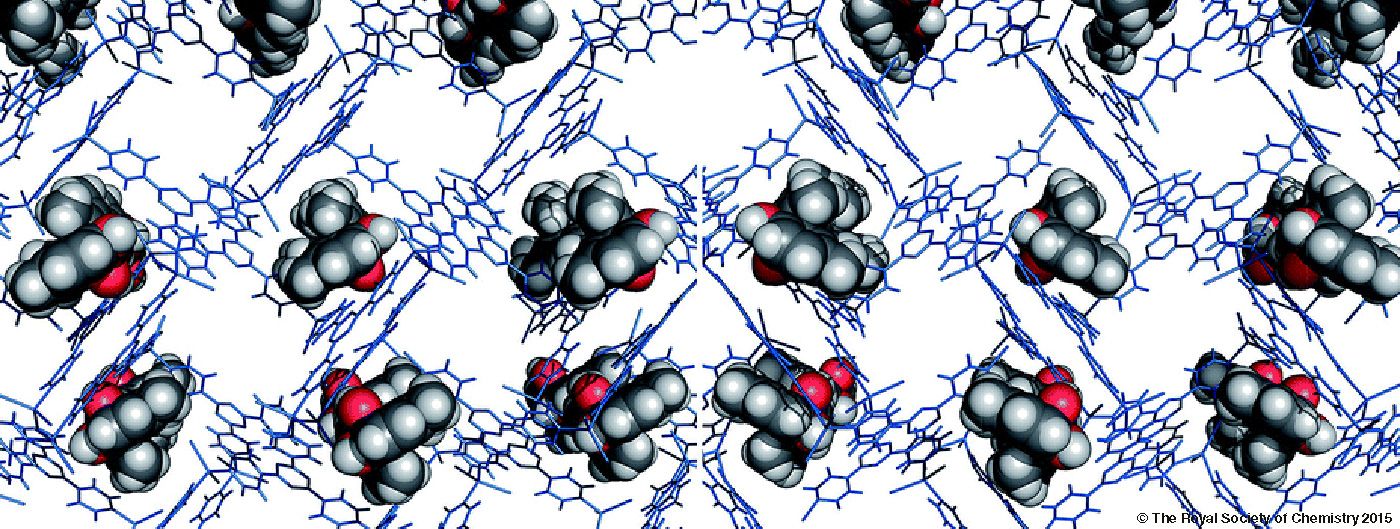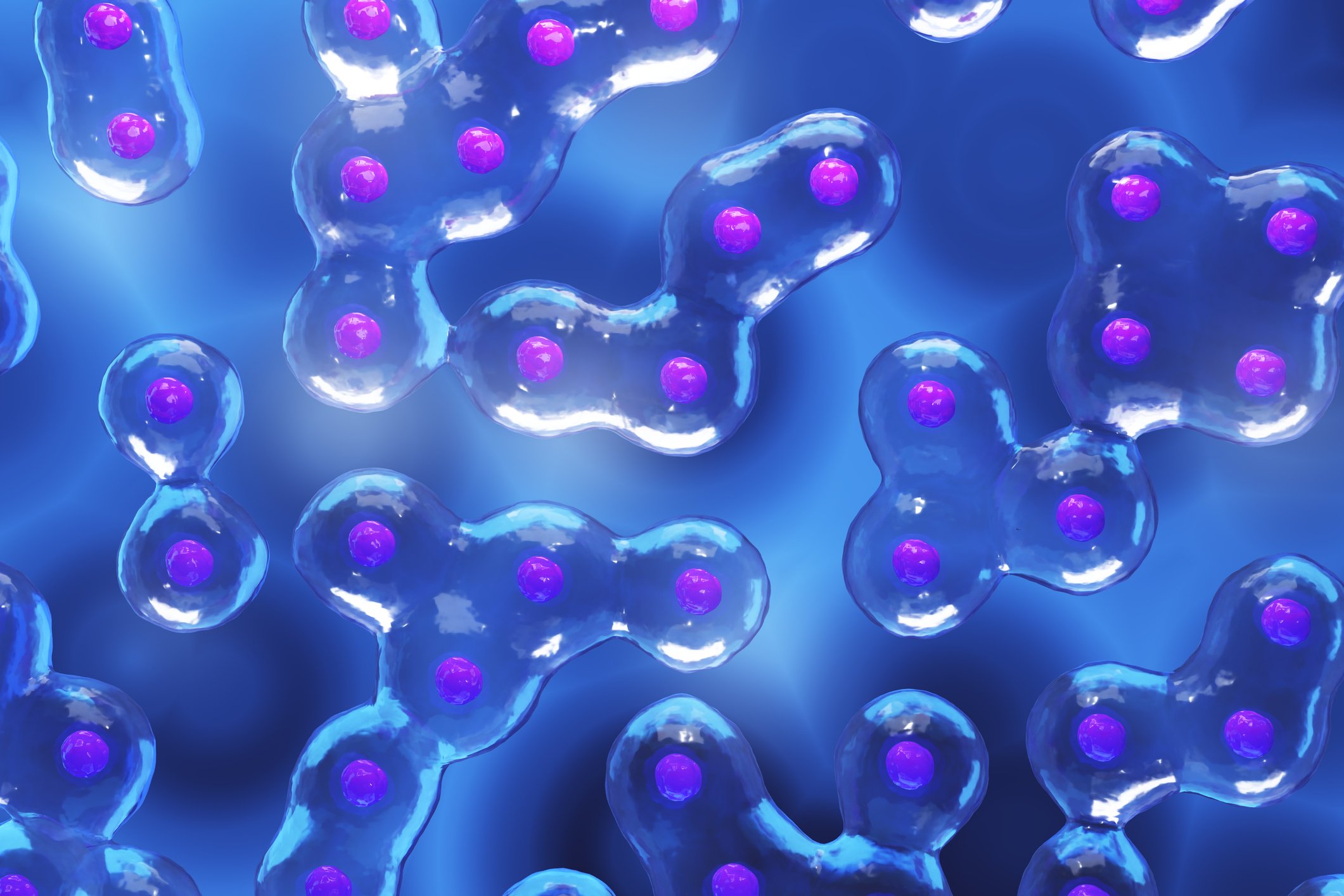The goal of the strategic partnership is to make the complex “Crystalline Sponge” technology available to laboratories in the chemical and life science industries for the analysis of molecular structures of drugs, fine chemicals or natural products.
To this end, Merck and Rigaku Corporation, Tokyo (Japan) have signed a development agreement. The companies will jointly develop laboratory consumables based on “Crystalline Sponge” technology, which can be used to determine the absolute structure of organic molecules and enables X-ray crystallography without crystallization of the analyte. This method can be applied to very small amounts of substances, volatile or other non-crystallizable compounds. It is a highly innovative approach invented by Prof. Dr. Makoto Fujita, University of Tokyo.
Analysis of substances in the microgram range
“We have acquired the license for a new technology that will enable laboratories to quickly determine the absolute structure of samples in the microgram range. Our innovation project is developing consumables that simplify the technology so that our customers can use it directly,” explains Isabel de Paoli, Chief Strategy Officer at Merck. “In Rigaku, we have found a highly competent partner to develop the best equipment for this technology. We are very much looking forward to the cooperation.” Yoshiaki Watanabe, Senior Executive Vice President of Rigaku Cooperation: “Rigaku has been one of the technology leaders in the high quality crystallography market for decades. This project opens new doors for scientists of all expertise from different disciplines.”
Optimal use of synergies
Merck has the know-how to develop consumables for determining the absolute structure of substances in the sub-microgram range, and Rigaku is an expert in the further development of X-ray systems and can match them to Merck laboratory consumables. The innovation project is being developed within the Merck Innovation Center. To efficiently foster innovation projects, it provides support, governance and decision-making in a protected, start-up-like environment, in line with a company-builder approach. By offering such an innovation ecosystem, the Innovation Center acts as a link between the agility of a start-up and the more complex processes of an established corporation.
Source: Merck
HAUSARZT PRAXIS 2019; 14(7), published online only on 7/12/19.











